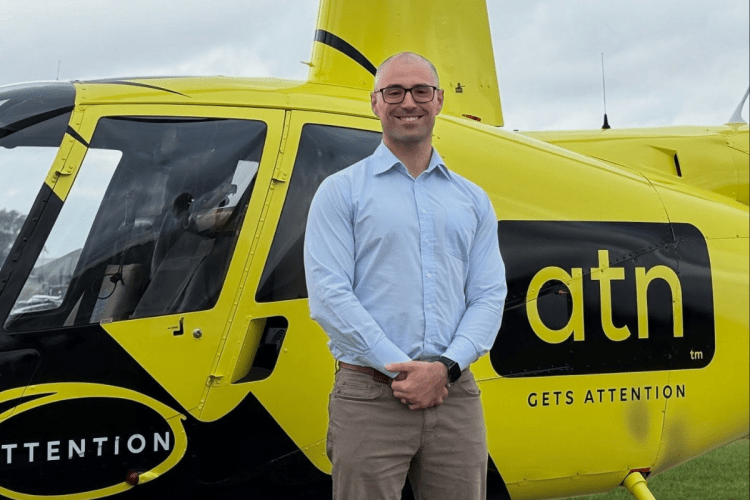There are a lot of misconceptions about Autism in the public domain. Here, broadcaster Dorian Tisato explains how he’s busting some of the “abhorrent” myths about Autistic people.
You might recognise the name from TV or your car radio – Dorian Tisato keeps thousands of South Australians informed about traffic snarls through his work with the Australian Traffic Network.
But behind that familiar voice was a young man who once felt profoundly isolated.
“Growing up, it felt like I was Jim Carrey living in The Truman Show,” Dorian says. “I thought everyone else was in on some big joke except me.”
Everything changed when Dorian received his autism diagnosis just after high school.
“It felt like a blindfold was finally taken off,” he says. “Suddenly, things made sense. There was never anything wrong with me – I just hadn’t had the right answers yet.”
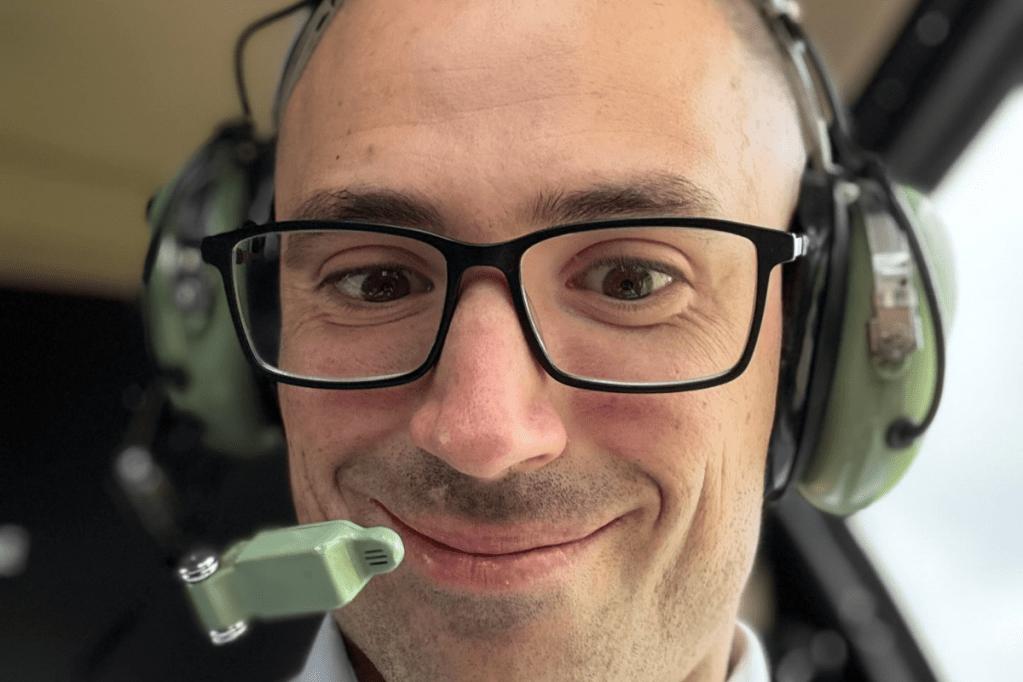
Navigating autism in the workplace
While Dorian has thrived professionally, he’s also faced his share of hurdles in the workplace.
“I used to keep my autism hidden because I worried employers wouldn’t understand,” he says. “I know now that being Autistic is one of my biggest strengths.”
In the past, Dorian feared revealing his autism would mean losing opportunities. Now, he says, he’s learned that being open actually opens more doors.
His advice to employers is simple. “Just listen. Ask Autistic employees directly about their needs.”
“Often, it’s simple adjustments like noise-cancelling headphones, a quiet workspace, or flexible scheduling. These small changes can make a huge difference.”
“We fear what we don’t understand – but there’s no reason anymore for employers not to understand autism. There are plenty of fantastic resources available online.
“Employers who avoid hiring Autistic people are missing out on unique perspectives and valuable skills.”
Breaking the autism stereotypes
Dorian is passionate about breaking down stereotypes, especially the ‘genius scientist’ trope often seen in movies and TV series.
“Hollywood loves portraying Autistic people as quirky geniuses like The Big Bang Theory’s Sheldon Cooper,” he says. “I failed maths and science – I’m literally the opposite of Sheldon Cooper!”
Instead, he points to more authentic representations, like Autistic actor Chloé Hayden portraying an authentic Autistic character in Netflix’s Australian-made Heartbreak High.
“Real Autistic representation shows the full range of our experiences, not just one narrow stereotype,” Dorian says.
“Autistic people are as diverse as anyone else. Our experiences and abilities vary widely, and it’s crucial to reflect that reality.”
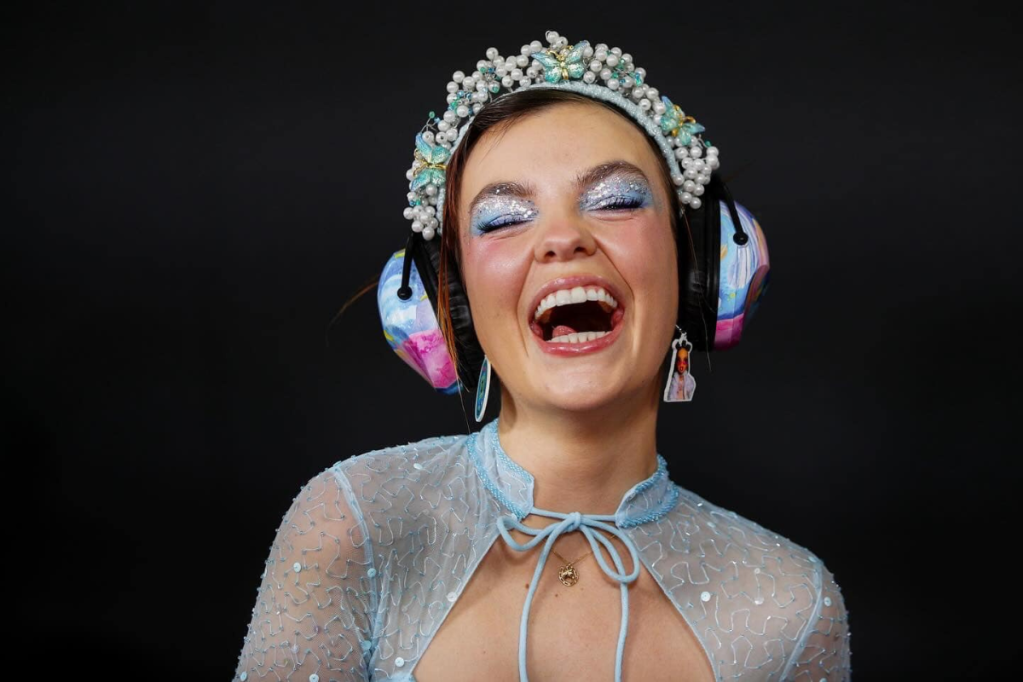
Autism myth-busting
Dorian says there are some “abhorrent, ableist” myths about Autistic people still hanging around from the last century that need busting ASAP, including:
- Myth: Autistic people don’t experience empathy.
FACT: Autistic people are empathetic.
- Myth: You can ‘grow out’ of Autism.
FACT: Autism is for life.
- Myth: Everyone is ‘a little Autistic’.
FACT: You either are Autistic or not.
- Myth: Autism can be ‘cured’
FACT: It’s not a disease, so there’s nothing to cure.
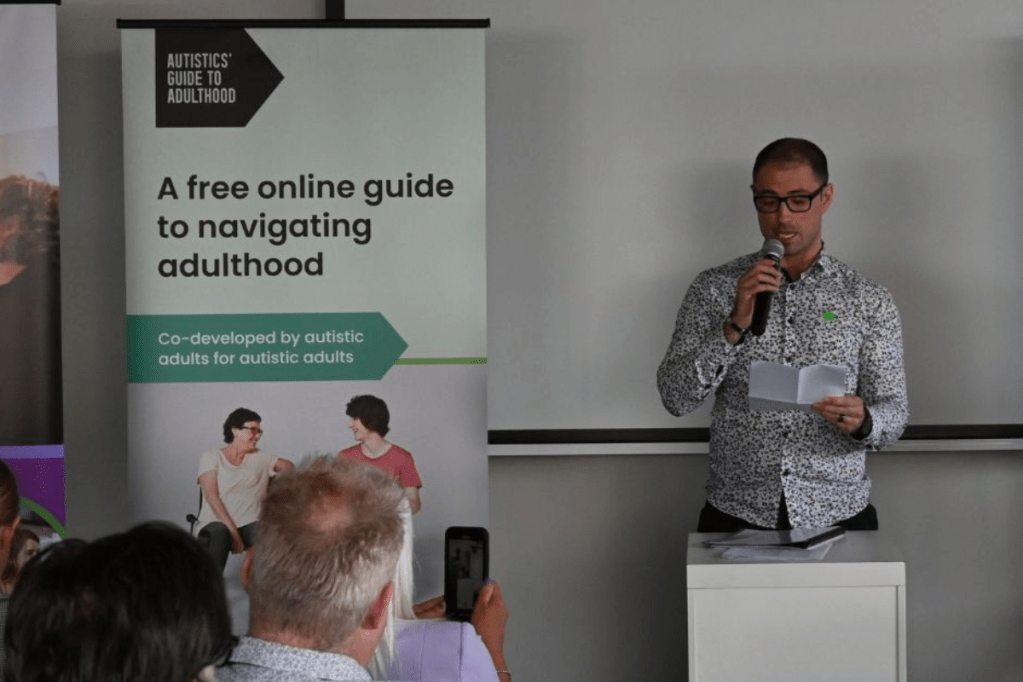
Advocating for Autistic adults
Beyond his broadcasting career with the Australian Traffic Network and hosting his very bingeable pop culture podcast, The Nostalgia Zone, Dorian is passionate about supporting “his people” – Autistic people – and somehow manages to squeeze in a part-time content writing gig for Autism SA.
He was also a member of the National Advisory Board and contributor to Autistics’ Guide to Adulthood – a resource made by Autistic adults for Autistic adults, in which he champions using respectful and empowering language.
Dorian firmly advocates for identity-first language – “Autistic person” rather than “person with autism.”
“Identity-first language matters because autism isn’t something separate from who we are,” he explains. “It’s integral to our identities. Using identity-first language acknowledges and respects that.”
“The right words matter. They shape perceptions and have real power to either empower or undermine Autistic people.”
Advice from the inside: how to be genuinely inclusive
Dorian’s key messages for colleagues of Autistic individuals are empathy and curiosity.
“If you have Autistic co-workers, just talk openly with them. Ask what helps them do their best work,” he says.
“It’s usually straightforward things like dimming bright lights or offering quiet breakout rooms.”
He also encourages colleagues to embrace “respectful curiosity”.
“It’s okay not to be an expert,” he says. “Feel welcome to ask questions and continue learning. Being curious shows Autistic people they are valued and appreciated as individuals.”
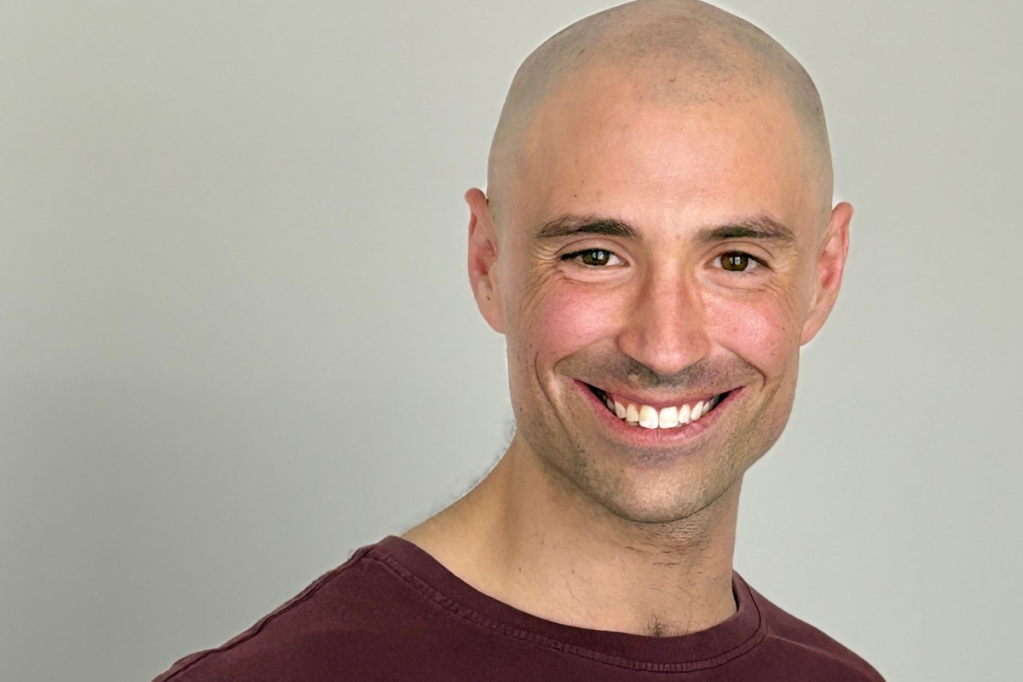
How South Australia is leading the way
South Australia has made significant strides towards autism inclusivity in recent years.
Around 41 per cent of South Australia’s NDIS participants have autism as their primary diagnosis, placing the state above the national average.
With initiatives such as the Office for Autism, Australia’s first Minister for Autism, and the first SA Autism Strategy launched last year, South Australia is proving it’s serious about improving social and employment opportunities for Autistic people.
In April, Dorian was Master of Ceremonies at SA’s first-ever Autism Works Employment Summit.
Part of South Australia’s broader Autism Works campaign, this practical event was held to help local businesses embrace Autistic talent in sectors like defence, IT, and tourism.
“Events like this are crucial because they show employers the true potential of Autistic individuals,” Dorian says. “It’s about real, practical inclusion.”
‘We’re finally being seen’
For Dorian, the future for Autistic South Australians is looking up. “We’re finally being seen, valued, and supported,” he says.
“Autism shouldn’t limit anyone – it should empower us. With the right understanding, Autistic South Australians can achieve anything.”
His advice to other Autistic young people who might be feeling like he once did is to “never hide who you are”.
“Embrace your differences, speak up, and don’t be afraid to ask for the support you deserve. Finding confidence in yourself is powerful.”
Find more information about Autism in South Australia here.


